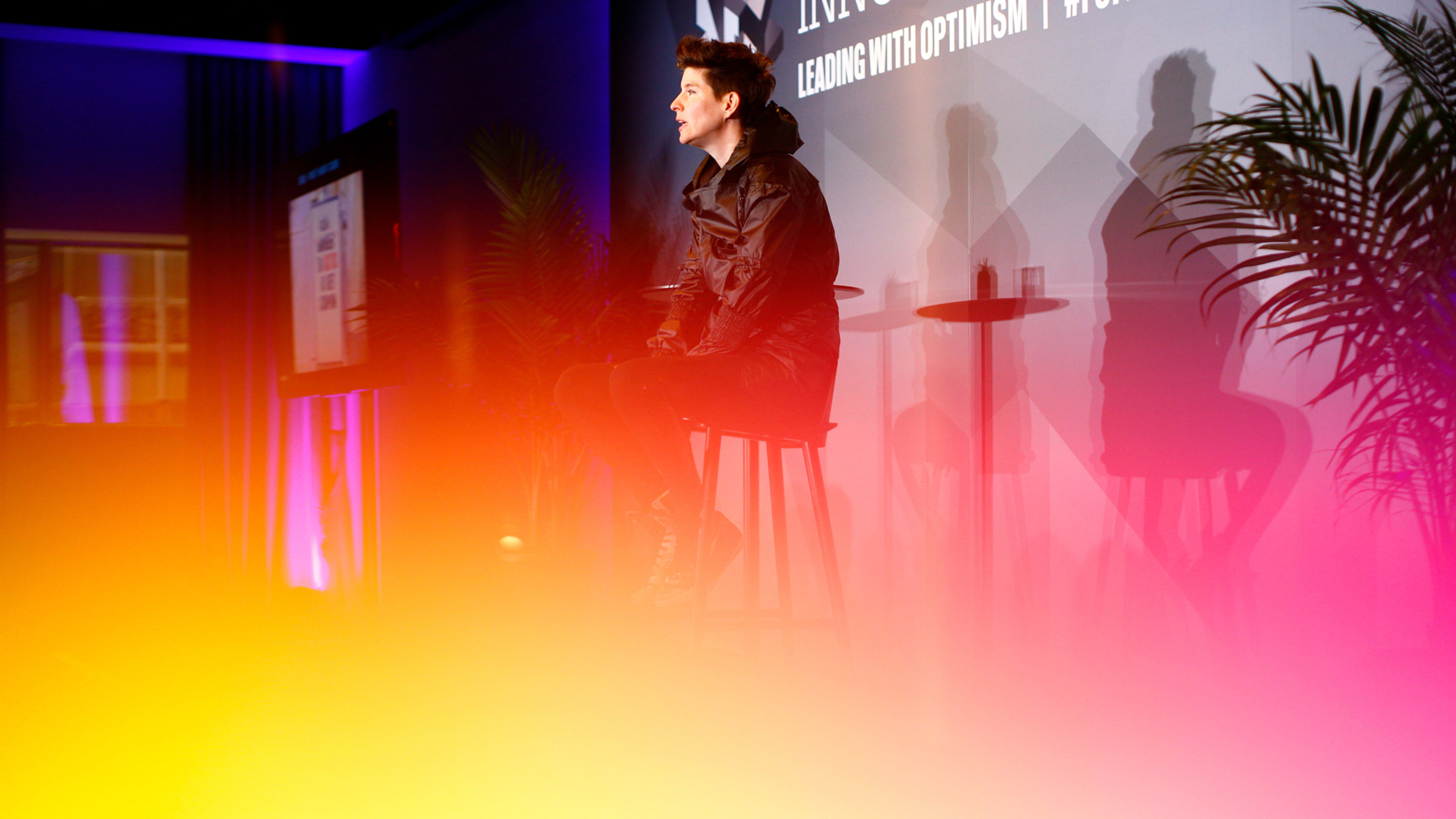America has some catching up to do.
“We’re always trailing Asia in terms of technology,” Snaps CEO Vivian Rosenthal said during a talk at Fast Company’s Innovation Festival on Wednesday. She was referring to China’s wildly popular messaging app WeChat, which lets users send money, hail cars, shop, and talk to their friends and coworkers from one place.
But the U.S. is en route to such a frictionless future, too, according to Rosenthal. Through Snaps, an end-to-end mobile marketing platform, she helps brands meet millennial consumers in their messaging apps of choice. That can take the form of a Facebook Messenger chatbot or branded emoji keyboards. Rosenthal believes brands are shifting away from social media and email marketing in favor of mobile messaging. Here’s why:
Frequency
The sheer volume of messages we exchange is staggering. Rosenthal claims that more than 250 billion texts are sent out each day across the world. On WhatsApp alone, 55 billion messages are exchanged daily; as the most popular messaging app in the world, WhatsApp is used by more than 1 billion people every day. Talk about high engagement.
Immediacy
Unlike messaging, email is asynchronous; the same is true of social media platforms like Facebook and Twitter, thanks to their algorithmic newsfeeds. That explains why Rosenthal says the open rate for brand newsletters and email campaigns pales in comparison to the open rate for mobile messaging, which she reports hovers around 98%. Even a newsletter like The Skimm, which is a huge hit with women and boasts a readership of more than five million people, has an open rate of only about 40%.
The urgency of mobile messaging could make it a better vehicle for e-commerce than social media buy buttons, which never quite took off. “Chatbots are good for providing value to a customer,” Rosenthal said. “That could look like commerce, content, or a utility.”
Intimacy
The promise of messaging, Rosenthal believes, is personalized experiences. Brands can only reach you if you opt into receiving messages from them, and chatbots can potentially learn your preferences over time and adjust their content accordingly.
Messaging is, after all, the most personal of platforms: It’s where most people communicate regularly these days with friends and family. “If there’s a brand that you’re interested in, you can fold that conversation into a place where you’re otherwise talking to your friends,” Rosenthal said. “And that’s pretty unique.”
Recognize your brand’s excellence by applying to this year’s Brands That Matter Awards before the early-rate deadline, May 3.
